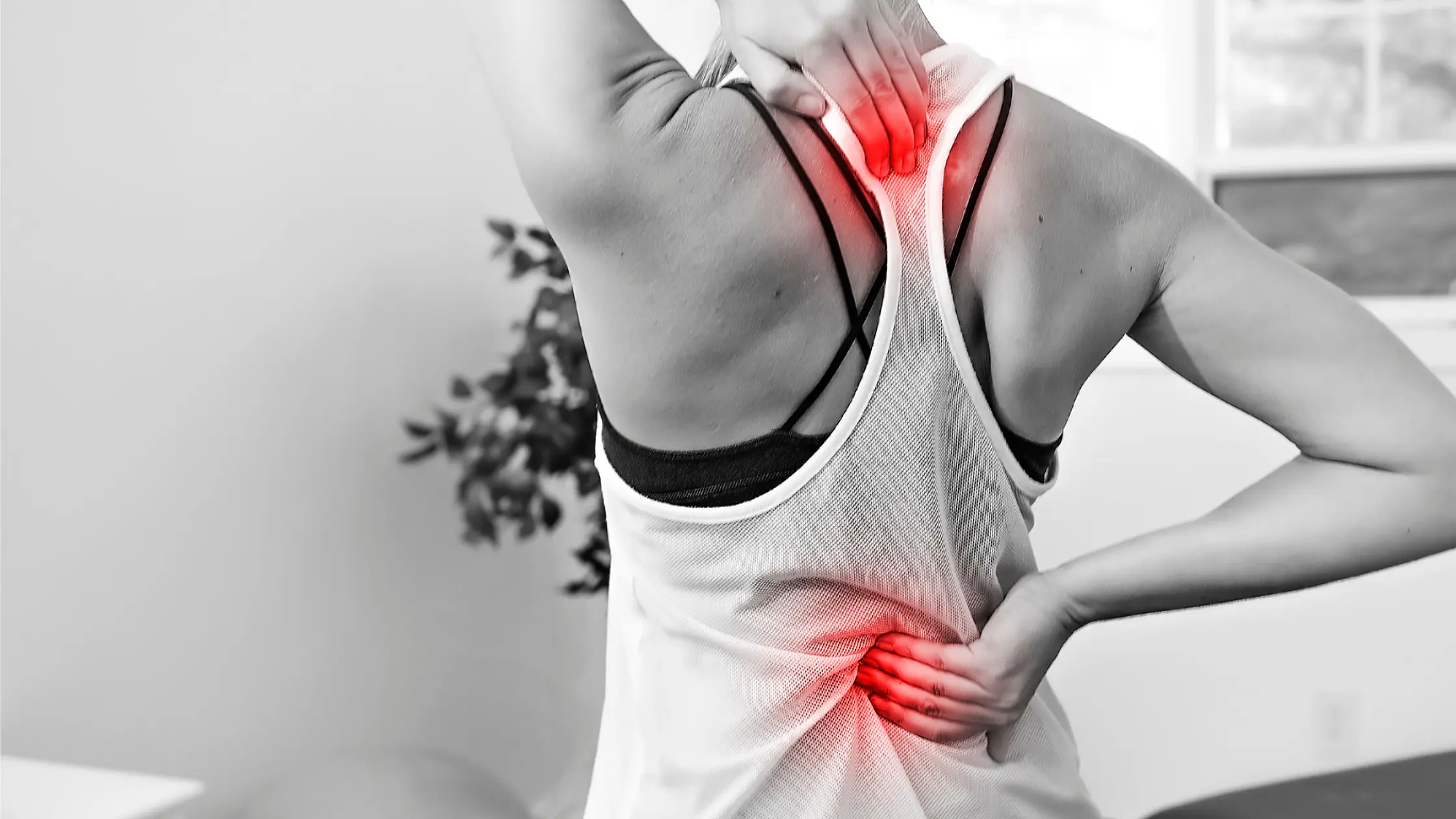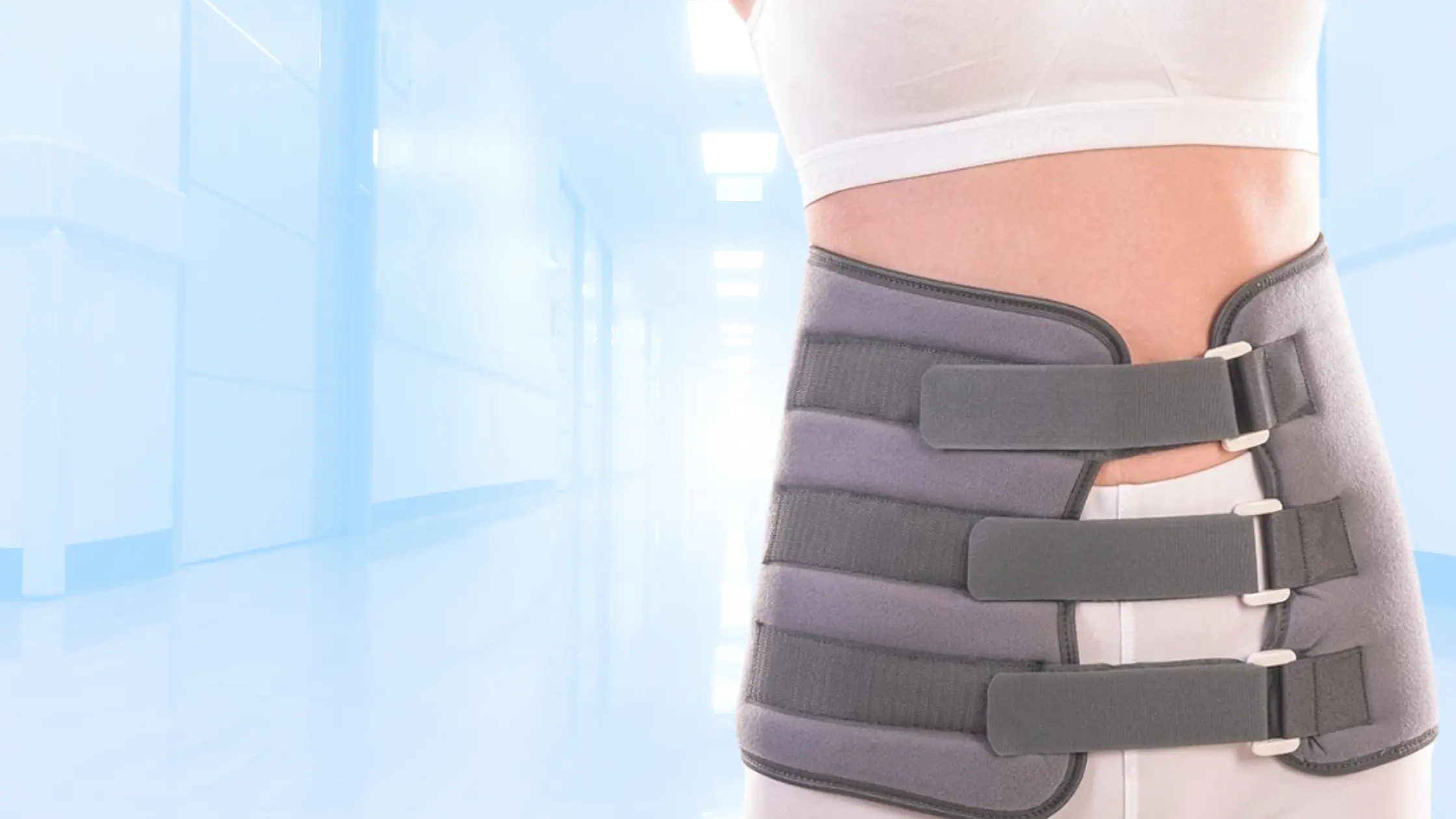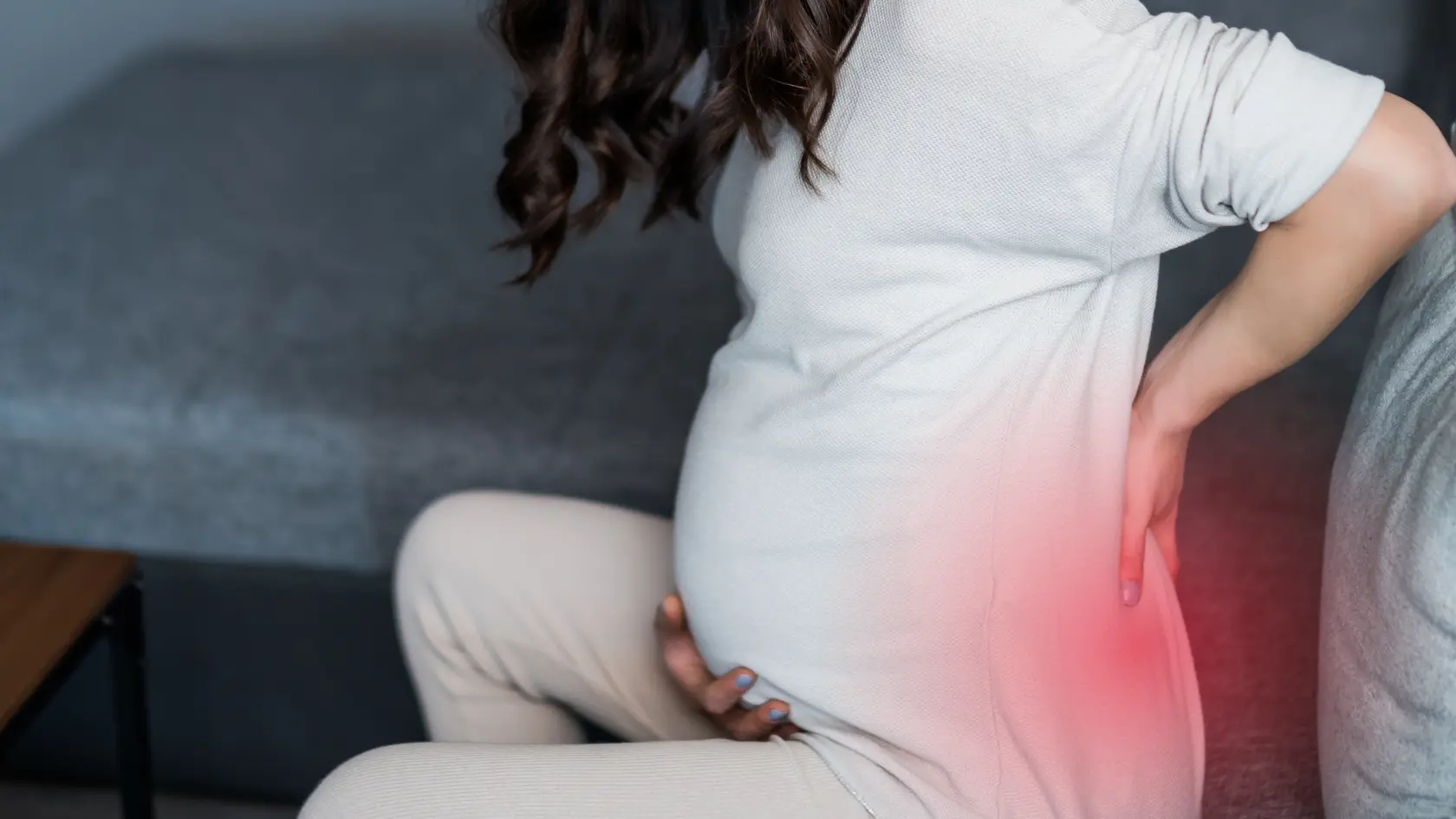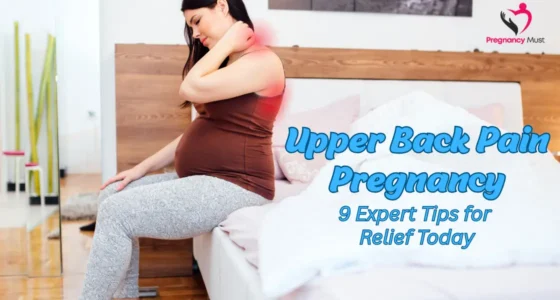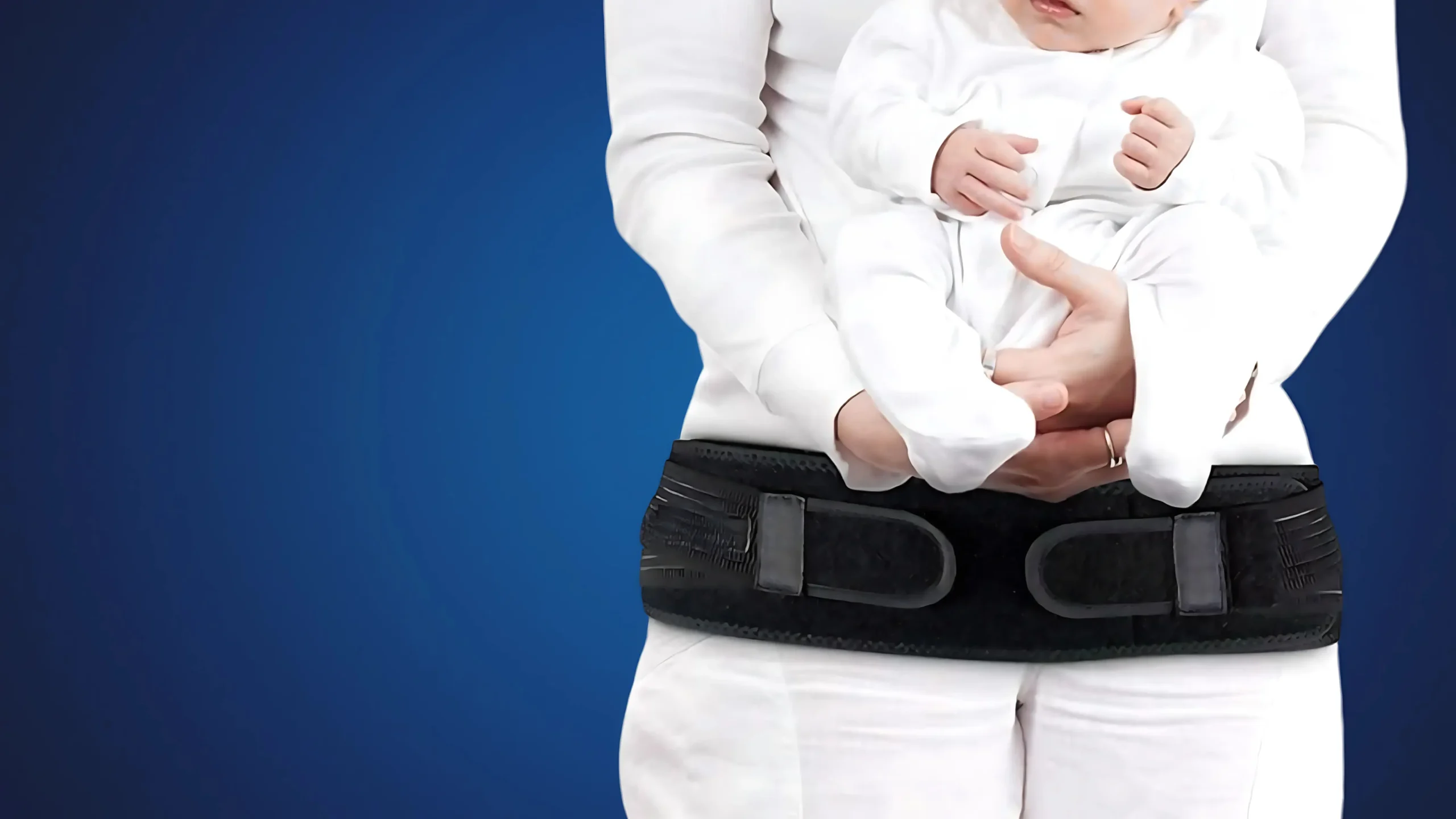It can be unnerving and distressing to have back pain when you breathe, especially during pregnancy. “My back hurts when I breathe.”- You’re not alone with this condition. This issue is quite common, particularly during pregnancy, when the body undergoes various changes to support both the mother and the developing baby. Understanding the underlying causes, symptoms, and remedies for back pain when I breathe can help me manage this discomfort more effectively.
Table of Contents
- What Causes Back Pain When Breathing During Pregnancy?
- Why Does My Upper Back Hurt When I Breathe During Pregnancy?
- Right Side of Back Hurts When I Breathe: Possible Causes
- Lower Back Hurts When I Breathe: Is It Normal During Pregnancy?
- When I Breathe, My Back Hurts: What Should I Do?
- Back Hurts When I Breathe Deeply: Is There a Need for Medical Attention?
- FAQs on “Back Hurts When I Breathe”
- Conclusion: Back Hurts When I Breathe
What Causes Back Pain When Breathing During Pregnancy?
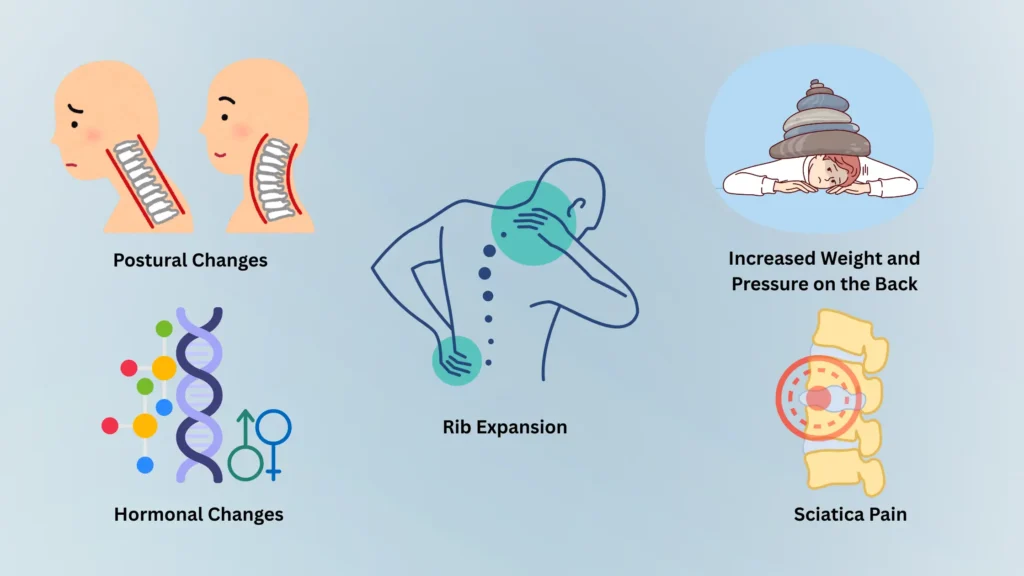
Back pain when I breathe is often a result of various physical changes occurring in your body due to pregnancy. Let’s take a look at the most common causes that can lead to this painful sensation:
Postural Changes
Your center of gravity changes as your pregnancy goes on, and your body adapts to the expanding baby. Your back muscles may be strained as a result, making breathing difficult. The expanding belly frequently presses forward, forcing the spine to curve abnormally. This can lead to pain that gets worse when you breathe deeply. Your posture may be impacted by the increased tension on your lower back, which could further strain your shoulders and neck.
Hormonal Changes
Pregnancy also brings hormonal changes, particularly an increase in relaxin, a hormone that helps loosen the ligaments and joints to prepare for childbirth. While this is essential for delivery, it can also cause instability in your spine, leading to discomfort when breathing or even sharp pain. As the ligaments and muscles around your spine become more relaxed, they lose some of their ability to support proper alignment, which may increase the sensation of back pain during deep breathing or certain movements.
Rib Expansion
Your body must adapt to the growing uterus as your pregnancy progresses. Your back’s muscles and ligaments may be compressed as a result of your ribs flaring outward. Deep breathing frequently makes this pressure more noticeable, particularly if you are later in your pregnancy or have multiples. Tightness in the chest and upper back may also result from an increased rib cage, which makes it more difficult to breathe fully and adds to discomfort.
Increased Weight and Pressure on the back
The added weight of the baby, along with the amniotic fluid and placenta, can put significant pressure on your back and spinal column. back added weight can cause strain on your back muscles, especially when you inhale deeply or take a long breath. As your body adjusts to the increasing weight, the muscles in your back may become fatigued, leading to aching or discomfort that worsens with movement, including deep breathing.
Sciatica Pain
Sciatica is a common condition during pregnancy, where the growing uterus presses on the sciatic nerve, causing pain that can extend down the back and legs. This pain may be exacerbated when breathing deeply as the pressure on the nerve increases with certain movements, including deep breaths. The discomfort may intensify if you’re sitting or standing for long periods, as the sciatic nerve becomes compressed further, making deep breathing a challenge and causing sharp, radiating pain.
Why Does My Upper Back Hurt When I Breathe During Pregnancy?
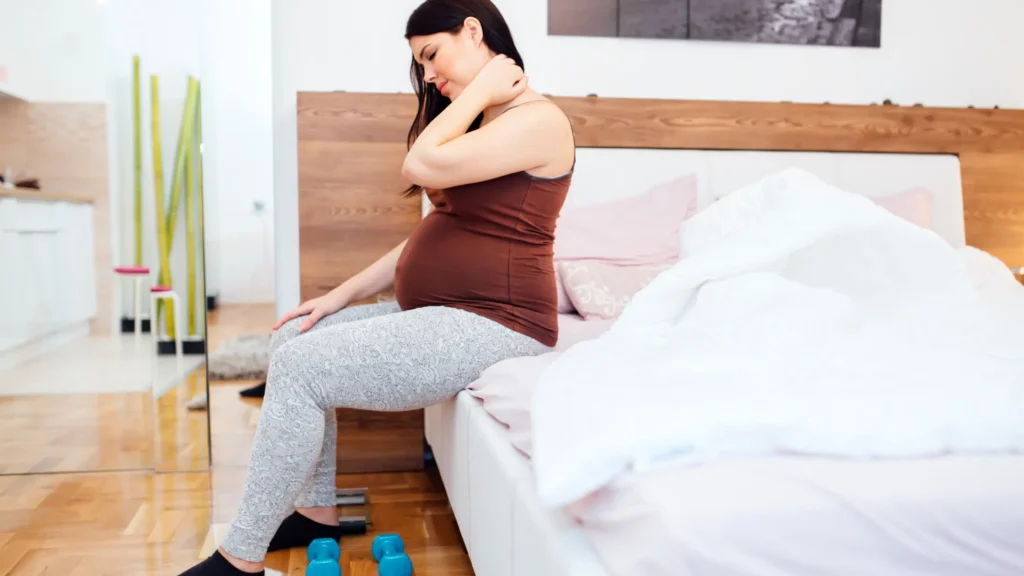
The “back hurts when I breathe” situation in pregnancy for the upper back can also arise. Here’s why:
Pressure from the Breasts
When the breasts enlarge in preparation for nursing, the additional weight may put tension on the muscles in the upper back, which may be more strained when deep breathing occurs. Especially when your body adapts to accommodate the growing baby, this additional strain can also cause discomfort in the shoulders and neck, making your back pain worse overall. Finding a comfortable position may be more difficult if the ache spreads to your ribs and upper arms.
Misalignment of the Spine
The weight distribution changes as the baby grows, which can lead to the misalignment of the spine. This misalignment often causes pain in the upper back, especially when taking deep breaths. The additional strain on your back muscles, combined with posture changes, can increase the discomfort, making it challenging to breathe comfortably, especially in the later stages of pregnancy. This misalignment can also affect the hips, pelvis, and lower back, intensifying over abdominal pain.
Right Side of Back Hurts When I Breathe: Possible Causes
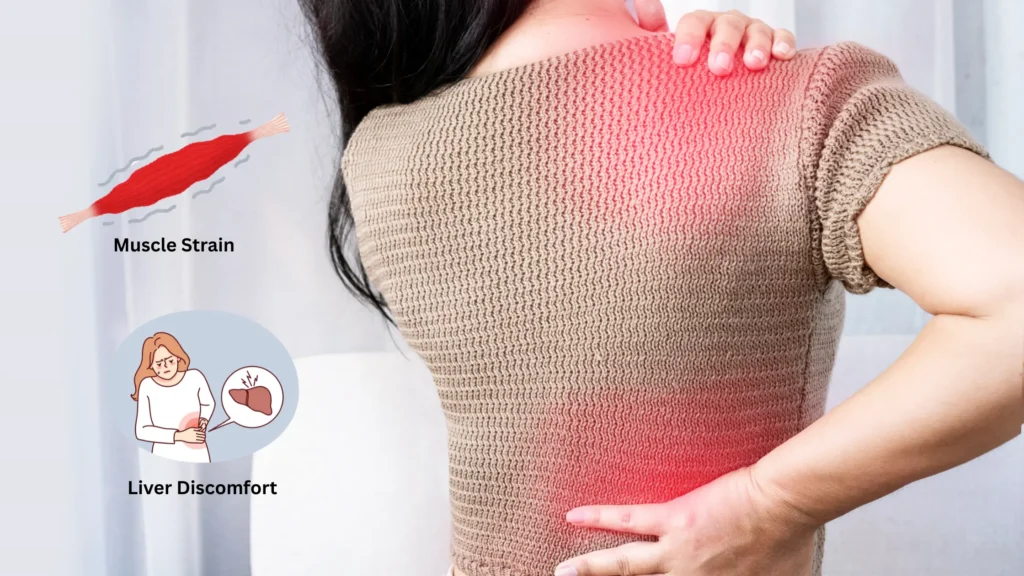
There are a few potential reasons why you might be breathing with pain on the right side of your back:
Liver Discomfort
The expanding uterus may be putting pressure on the liver, which is situated on the right side of the abdomen. Particularly when you breathe, this may cause backin that travels to your back. The increased pressure on the liver can result in sharp, localized pain that is particularly noticeable when lying down or taking deep breaths and may worsen with specific actions. Furthermore, this pain may worsen with sudden changes in posture or physical activity, making twisting and bending more difficult.
Muscle Strain
The muscles on one side of your back may be strained from poor posture or carrying extra weight on that side. This imbalance in muscle support can lead to tension and stiffness, which intensifies with movement or breathing. The discomfort can feel like a dull ache or sharp pain, especially if you have been favouring one side of your body during pregnancy. Prolonged strain may also result in muscle fatigue, contributing to further discomfort when standing or walking.
Lower Back Hurts When I Breathe: Is It Normal During Pregnancy?
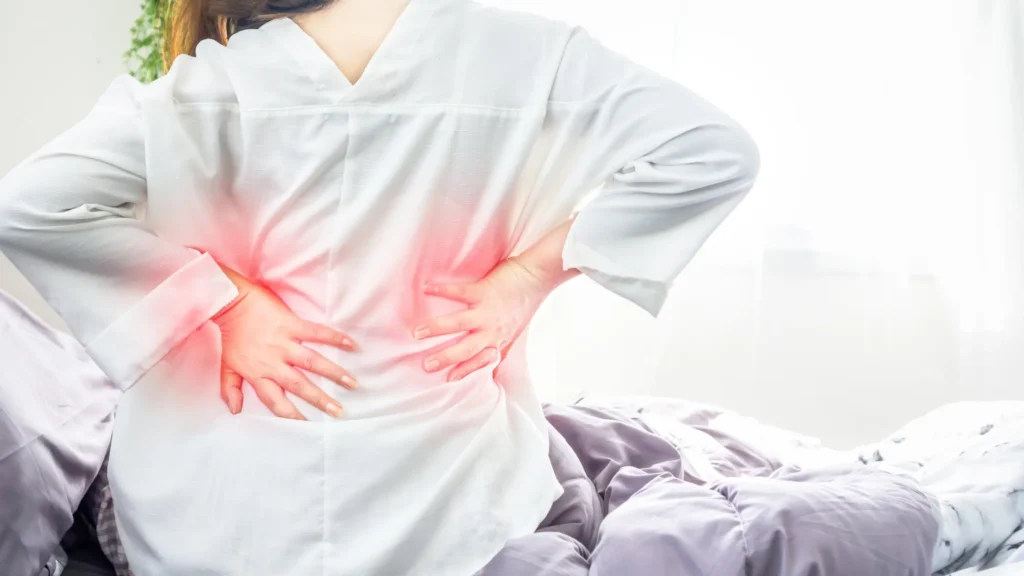
Lower back pain, especially when you take a deep breath, is a frequent complaint during pregnancy. This type of discomfort is usually caused by:
Pressure on the Spine
The lower back is under additional strain from an expanding uterus, which can lead to stiffness, tightness, or pain, especially when you breathe deeply. Due to the spine’s inability to sustain the addition back, this pressure can also cause lower back pain and muscle exhaustion, making even basic movements and deep breathing more difficult. Additionally, this tension may cause your spine to become misaligned, which may exacerbate your discomfort, particularly as your pregnancy goes on.
Pelvic Changes
Lower back pain may result from pregnancy hormones relaxing the pelvic joints as the body adapts to the growing baby. The lower back may become misaligned as the pelvis moves in preparation for childbirth. Back pain can increase strain and discomfort, particularly while moving or bending, and is frequently made worse by deep breathing. The way you walk may also be impacted by this pelvic adjustment, which could put more strain on your lower back muscles and cause more discomfort.
When I Breathe, My Back Hurts: What Should I Do?
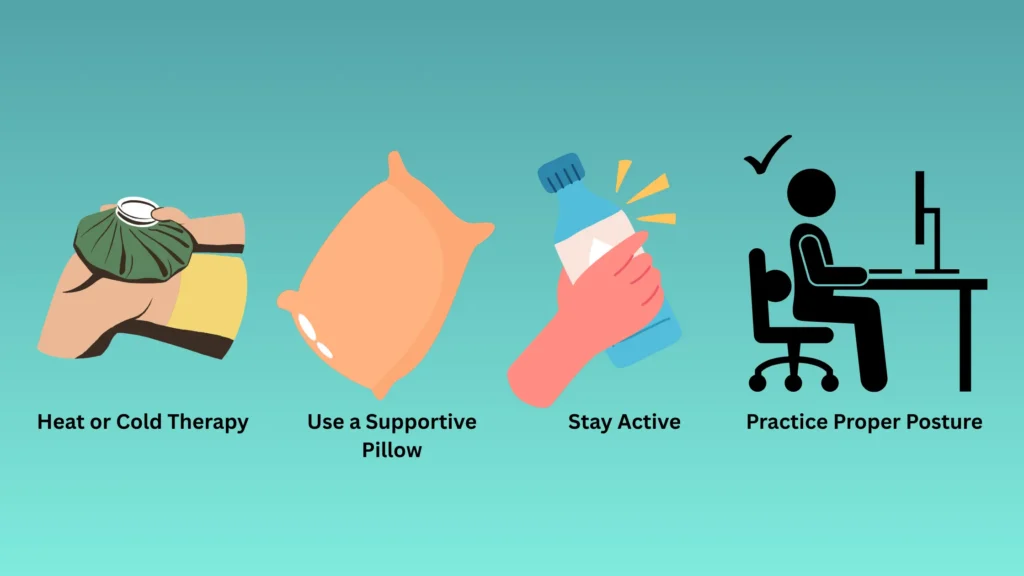
It’s critical to know how to properly treat back pain if it becomes uncomfortable while you breathe during pregnancy. Here are some pointers:
Practice Proper Posture
Throughout the day, pay attention to your posture, particularly while you’re standing or sitting for extended periods. Steer clear of slouching and try to maintain a straight back. Maintaining proper posture eases the pressure on your muscles and spine by distributing your body weight appropriately. To avoid putting more strain on your back, use a chair with adequate lumbar support and refrain from standing for long periods of time. Additionally, back support helps avoid muscle tiredness and soreness. Take regular breaks to stretch and switch postures.
Stay Active
Frequent exercise can ease back ache. Try practicing light activity like walking or doing prenatal yoga — which help to strengthen the muscles supporting your back. Keeping active promotes flexibility and circulation, which can minimize stiffness and discomfort. Be sure to check with your healthcare provider to make sure it’s safe for you to start an exercise program during pregnancy. Low-impact exercises, such as swimming, may also help alleviate pressure on the spine and joints and increase strength.
Use a Supportive Pillow
Use a body pillow to support your back and ease pressure on your spine if you find that lying down helps. By properly aligning your spine, a body cushion can ease the strain on your back and lower back. For the best comfort and support, try sleeping on your side with the pillow between your knees. Additional support during the back can also be obtained by sitting with a pillow behind your back.
Heat or Cold Therapy
Using a heating pad or warm compress on your back might help reduce stiffness and soreness. As an alternative, if your back pain is caused by strain or muscular spasms, ice packs can help reduce inflammation. While cold therapy can numb the area and relieve pain or swelling, heat therapy improves blood flow and helps to relax tense muscles. To prevent burns or frostbite, always place a cloth between your skin and the heat or cold source. For optimal effects, you can also switch between hot and cold.
Back Hurts When I Breathe Deeply: Is There a Need for Medical Attention?
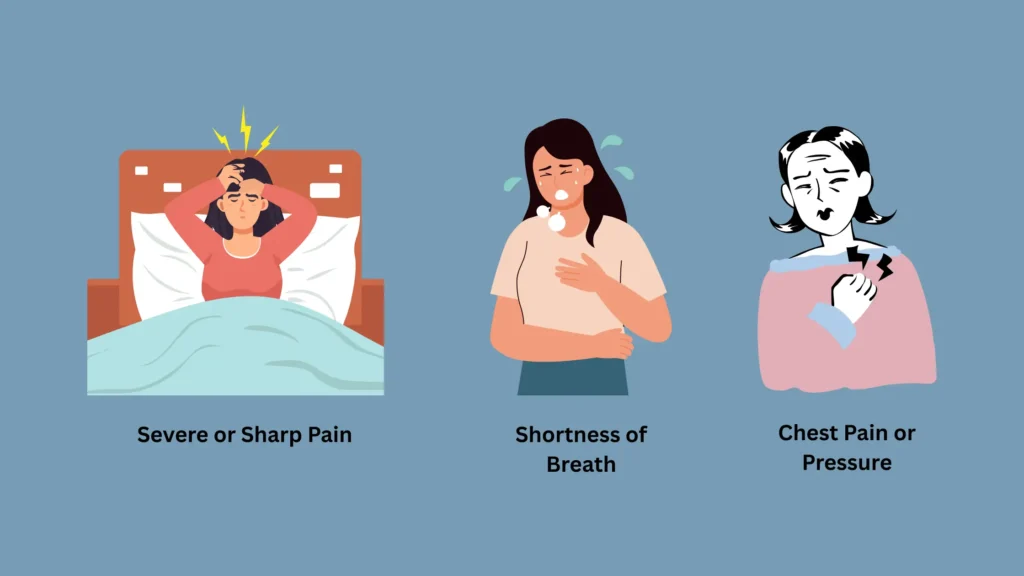
While back pain when I breathe deeply is common in pregnancy, there are cases where it may indicate something more serious. If you experience the following symptoms, it’s important to contact your healthcare provider immediately:
Severe or Sharp Pain
If the pain is sharp or severe and doesn’t go away with rest, there may be a problem with your organs or a spinal injury. Herniated discs, nerve compression, or even an organ rupture can all result in this kind of pain. It’s critical to get medical help right away if the discomfort continues in order to rule out any dangerous conditions. Severe, unexplained pain may also indicate a shattered bone or an infection, both of which need immediate medical attention.
Shortness of Breath
Breathlessness combined with back pain could indicate a more serious ailment, such as a lung problem or blood clot. This might be a sign of pneumonia or a pulmonary embolism, both of which need immediate medical attention. To avoid any issues, any back pain and breathing difficulties should be treated immediately. Life-threatening outcomes, such as major blood clots or respiratory failure, could result from delaying treatment.
Chest Pain or Pressure
Back pain and chest pressure could be signs of a cardiac problem, including a heart attack. Never disregard this combination of symptoms since it may indicate a potentially fatal illness. Seek emergency care right away if these symptoms appear, as prompt treatment is crucial to avoiding more complications. Although heart attack symptoms might vary, radiating pain in the arms, jaw, neck, or back is one of the most common.
FAQs on “Back Hurts When I Breathe”
1. Why Does My Back Hurt When I Breathe Deeply During Pregnancy?
Your body undergoes significant physical changes as your pregnancy progresses. These changes – combined with changes in posture, hormonally-induced ligament relaxation, and the baby’s pressure on the uterus – can hurt, and can hurt a lot when breathing deeply.
2. Is It Normal for My Upper Back to Hurt When I Breathe During Pregnancy?
Yes, it is quite common. The extra weight from your growing breasts and changes in posture can strain the upper back muscles, leading to discomfort, especially when you breathe deeply.
3. What Can I Do If My Back Hurts When I Take a Deep Breath?
Try maintaining good posture, doing light stretches or exercises, using heat therapy, and ensuring you have adequate back support when sitting or sleeping.
4. Should I Be Concerned if My Lower Back Hurts When I Breathe During Pregnancy?
Pregnancy-related lower back pain is frequent and typically not a reason for alarm. You should speak with your doctor, though, if the pain is severe or if it is accompanied by other symptoms like fever or edema.
5. Can Pregnancy Cause My Right Side to Hurt When I Breathe?
Yes, pressure on the organs, particularly the liver, or muscle strain from your changing posture can lead to pain on the right side of your back when bending deeply.
Conclusion: Back Hurts When I Breathe
This detailed guide has investigated the common causes behind back hurt back when I breathe during pregnancy and provides concrete tips for reducing this discomfort. To effectively relieve back pain, prioritize self-care and always seek advice from your healthcare professional if you have any questions about your symptoms.
Let’s explore more on Pregnancy Must –
